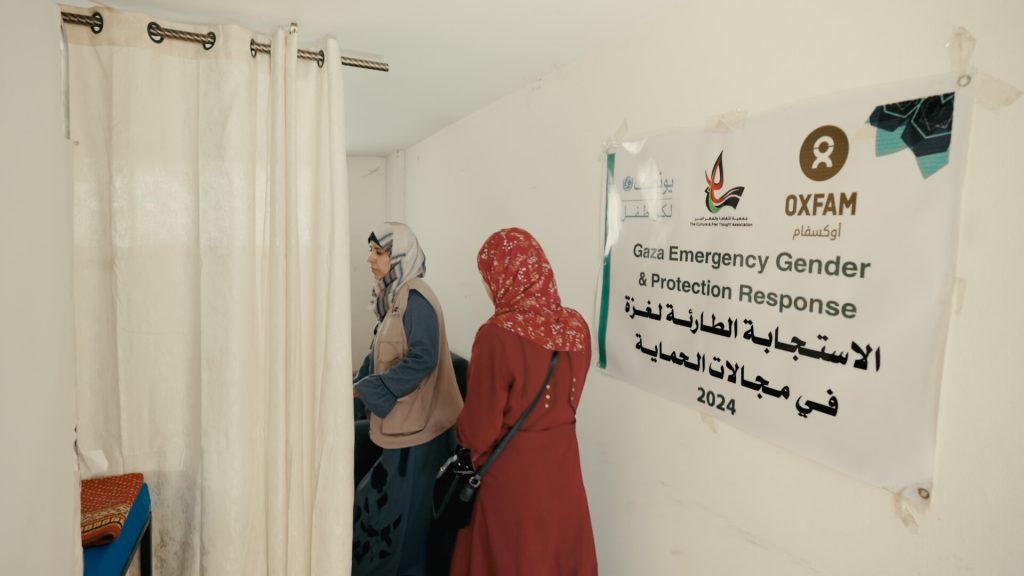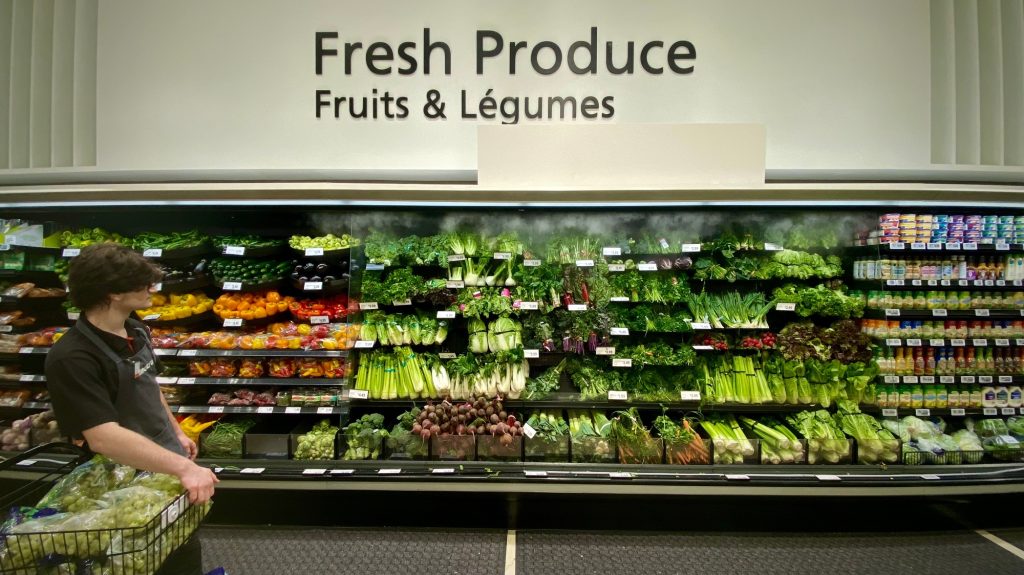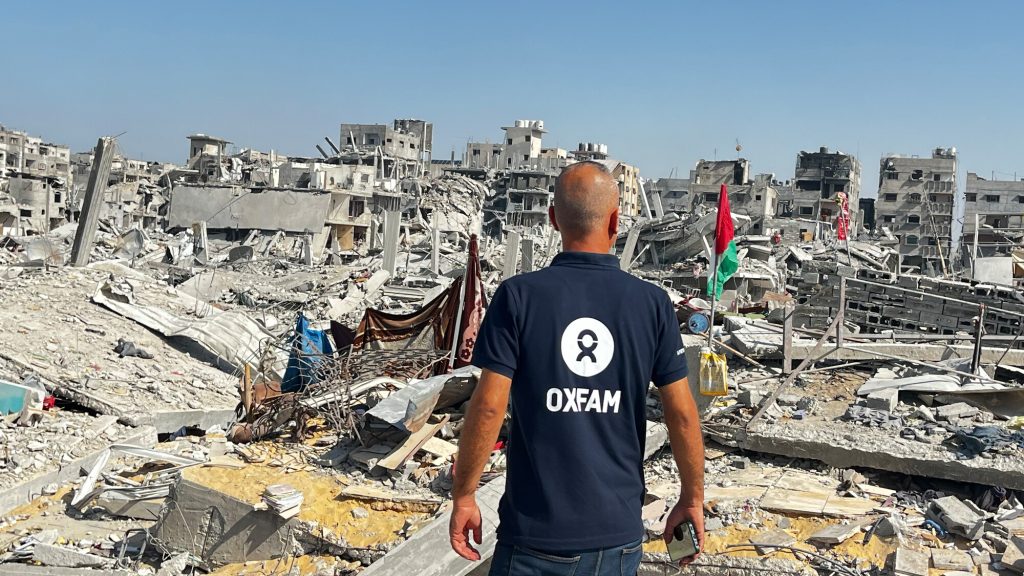Pregnancy Amid the Gaza Aid Block: A Mother’s Fight
“I found out I was pregnant during the war.”
News of a growing family is usually a time for joy. But for Suhad, a psychological counsellor and mother of 6 in Gaza, this was terrifying news. As airstrikes rained down and displacement spread, the future she had once imagined for her children disappeared in the smoke.
It’s been 53 days since Israel resumed attacks on Gaza despite a ceasefire, and since all aid has been blocked from coming into Gaza. The Gaza aid block has intensified a humanitarian crisis where people like Suhad, pregnant, displaced, and without access to essential care, are fighting to survive.
DONATE TO OXFAM'S EMERGENCY RESPONSE FUND
A Mother's Struggle
"I found out I was pregnant during the war," Suhad recalls. "I wasn’t happy about being pregnant because the situation was extremely difficult." The blockade had made it nearly impossible to access basic necessities like diapers and milk, let alone the medical care she needed for her high-risk pregnancy due to a thyroid condition.
Suhad’s family is one among the 2.5 million Palestinians trapped in a cycle of unimaginable horrors that have been unfolding in Gaza during the past 18 months. Israel has issued repeated forced displacement orders to clear out civilian populations from its renewed airstrikes and attacks on Gaza since March, which have left about 70% of the Strip under displacement orders or “no-go” zones. Many have been pushed into inhospitable, unsafe, and inaccessible areas.
Since March 2nd, Israel has allowed no aid or commercial goods to enter Gaza. Many humanitarian agencies have been forced to pause their operations. Oxfam and its partners have not received a single aid truck, food parcel, hygiene kit, or any other essential equipment since the Gaza aid block began.
For Suhad, the situation worsened when her family home was bombed. "I was exhausted. I didn’t know where to go," she says. The destruction of her home left her family without shelter, and the constant stress and malnutrition took a toll on her health. "I broke my right hand while clearing the rubble," she adds.
Seeking Medical Help
Despite the dire circumstances, Suhad's determination to care for her unborn child led her to Oxfam’s local partner organization, the Women's Health Centre. "They told me they would provide treatment and vitamins," she says. The centre also offered monthly ultrasounds and follow-ups. "They told me my baby was doing very well," Suhad recalls with a hint of relief.
However, the broader context of the blockade and constant airstrikes makes it difficult for many pregnant women in Gaza to access similar care. The lack of medical supplies and the widespread malnutrition are exacerbating the health crisis in the region.
Suhad's daughter was born into a world of uncertainty. "She suffers from severe colds, chest problems, and a persistent cough," Suhad explains. The blockade's impact on healthcare meant that even basic medical needs were hard to meet. Suhad’s nights are sleepless and spent worrying about how to provide for her children.
DONATE TO OXFAM'S EMERGENCY RESPONSE FUND

Suhad visits the Women's Health Centre in Central Gaza, which provides health-related human rights interventions and programmes for people living in vulnerable conditions. Photo: Alef Multimedia/Oxfam
Oxfam’s Response
Despite no new aid coming in, Oxfam and partners continue to provide what support we can. Hygiene kits have been distributed. Water trucking is ongoing in some areas. A small number of food parcels were recently delivered to displaced families in the north. But our ability to scale up is being strangled by the ban on aid.
Stocks are running out. Fuel is being rationed. There is no safe way to reach many of the hardest-hit communities. Our teams remain committed, but the space to operate is rapidly disappearing. This is why the people of Gaza need a political solution.
Oxfam is still present in Gaza. We’re doing everything we can. But without a political solution and immediate international pressure, the suffering will worsen. Aid alone cannot solve this crisis. Here’s how you can help:
Demand a Permanent Ceasefire Now
A full and lasting ceasefire is the only way to allow aid in, protect civilians, and begin the process of recovery. Temporary pauses are not enough.
Call for Unimpeded Aid Access
The aid blockade must end. Israel must allow fuel, food, and essential supplies into Gaza—now.
Stop Arms Transfers and End Complicity
Governments have a legal obligation under the Genocide Convention to prevent atrocity crimes. No state should be sending arms to a conflict where civilians and aid workers are being systematically targeted

